২১ ফাল্গুন ১৪৩২
Hasina is no Dalai Lama, India must stop supporting her: The Print
08 February 2025 19:02 PM
NEWS DESK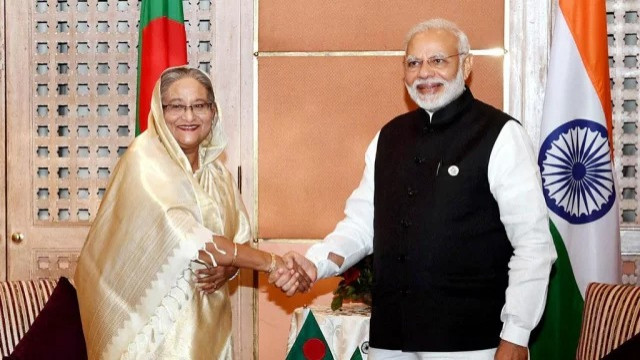
New Delhi must swallow its pride and realise that it has unashamedly supported a despot in a country with which it shares the world’s fifth-largest land border. The Subcontinent in Its Own Words, penned this opinion piece for the Indian online newspaper ThePrint. Below is the full text of his article.
New Delhi must swallow its pride and realise that it has unashamedly supported a despot in a country with which it shares the world’s fifth-largest land border. The Subcontinent in Its Own Words, penned this opinion piece for the Indian online newspaper ThePrint. Below is the full text of his article.
From 5 August to 5 February. It was exactly on the 180th day of her ouster in a bloody upsurge that Sheikh Hasina, the deposed Bangladeshi leader, went live on social media to give a speech to the nation. Her decision has led to widespread anger and a spate of fear among a large section of Bangladeshis that her party, the Awami League, is trying to make a comeback.
What started as a not-so-serious post on Facebook was quickly picked up by Bangladeshi youth. By evening, it led to a gathering of a few thousand angry protesters in downtown Dhaka. A couple of bulldozers were brought in— by the time Hasina began her speech, the historic building in Dhanmondi Road 32, where her father, Sheikh Mujibur Rahman, had spent his last days as Bangladesh’s uncrowned king, was in flames. The large metal blades of a yellow dozer had already clawed into the house, and the demolition had begun on a building from which some of the major decisions in Bangladesh’s struggle for freedom were made.
The event has surprised many, perhaps even members of Bangladesh’s establishment. Around 40 Army men went to the mouth of the road to try to enter the house. They were soon outflanked by the protesters and shooed away into a nearby Chinese restaurant.
At sunrise, Bangladesh woke up to a changed landscape—what the Pakistan Army didn’t do during the nine long months of Bangladesh’s liberation war had happened in nine hours. The house on Road 32 was all but a mangled debris of bricks and ashes.
But make no mistake. These are not angry mobs or religious fanatics who are trying to rewrite history, or are bent on taking Bangladesh back to the pre-1971 days when the country was a part of Pakistan. Among those who clapped and cheered and took selfies stood the country’s English-educated middle-class, and urban poor. They saw their voting rights robbed by Hasina and her cronies for 15 long years. A majority in the crowd were thirty-somethings who’d never voted in their life, thanks to one rigged election after another under Hasina’s rule.
To shore up support, she has relied heavily on her father’s legacy and the country’s liberation war. So much so that ordinary Bangladeshis are finding it increasingly difficult to separate Mujib from Hasina. Both have become tragically entwined, and India, where she’s taken shelter, has found itself stuck in a foreign policy web.
Emotions in Dhaka are running high. While describing the incident, Ehtasham Haque, a British-Bangladeshi politician has said, “You expect millions of victims to respect the symbol of their oppressor— a house made of bricks and sand… Can you return the wealth that was stolen from us? Can you restore the eyes and limbs that were brutally taken from our countrymen? Every brick torn down today is a small act of justice, a symbol of compensation claimed by the victims from their oppressor.”
Hasina has made Mujib a symbol of enforced disappearance, kleptocracy, misrule, and abuse of power. His house, which once was looked up as a monument of pride by Bangladeshis, has become synonymous with Hasina.
India’s Awami League Problem
Meet Sohel Taj, son of Tajuddin Ahmed who led Bangladesh’s independence war when Sheikh Mujibur Rahman was held prisoner in Central Jail Mianwali in Pakistan’s Rawalpindi. Tajuddin was assassinated less than three months after Mujib was brutally killed, along with all but two adult members of his family. Syeda Zohra Tajuddin, Tajuddin’s widow and Sohel’s mother, reorganised Awami League and was elected the party’s convenor in 1977.
It is a small wonder that a day after the havoc, Sohel, a former Awami League MP, didn’t mince words. Without naming anyone, he has squarely blamed his party’s sorry state on Hasina, who has been heading the Awami League since 1981. “Someone has masterminded a situation where the reputation of a historic political party that led the country’s independence has been put into question,” he said.
The question of India’s unfettered and unwavering support of Hasina is highlighted every time her activities are reported in the media. A few days ago, she allegedly ordered her party members to torch the homes and businesses of those who oppose her. “Just stay put and set fire to their homes,” she’s heard saying in an audio clip.
It’s as clear as daylight that Hasina is no Dalai Lama, and this should put India, the world’s largest democracy, in a moral quandary. She has long been India’s closest friend in the neighbourhood, and the Awami League is the country’s only ally in Bangladesh. But rehabilitating Hasina back into Bangladesh is a near impossible task, especially when memories of murders carried out by her forces across the country are still raw in public memory. The demolition of Mujib’s house on Road 32 is a case in point. Before Hasina decided to give that fateful speech, her opponents appeared in disarray—signs of disagreement had started to surface in the movement that led to the Monsoon Revolution. But, ironically, Hasina managed to successfully unite her opposition. The moment her shadow appeared on the horizon, they quickly forgot whatever differences they had.
It has also put the Bangladesh Nationalist Party (BNP) in a rather awkward position. To placate India, the populist party has opposed the idea of banning the Awami League. The BNP has also been careful not to spew anti-India rhetoric. But at the end of the day its leaders have the masses to face an election to win—how long the BNP will be able to hold its tongue is a question up for debate.
India needs to see Bangladesh through the eyes of the country’s young population, which has seen its basic human dignity trampled by Hasina for years. And she has had two weapons in hand— her father’s legacy and India’s support. The destruction of Mujib’s historic house should be seen in this light and the widespread resentment prevailing against India among a large number of the population ought to be understood from that point of view.
New Delhi must swallow its pride and realise that it has unashamedly supported a despot in a country with which it shares the world’s fifth-largest land border. All it needs is the pragmatism of former Prime Minister Atal Bihari Vajpayee. Even when the India-Bangladesh relationship had hit a nadir, he gave BNP leader Khaleda Zia the offer to have her knee operated on through his own initiative.
Trump’s transactional world
Donald Trump, the new US President, is a pragmatist. His world is transactional, where the highest bidder gets what they want. Bangladesh, which is nestled at the strategically important Bay of Bengal is crucial for both China and the US. The former views Bangladesh as a central location for its strategic advances in the Indian Ocean. In case of a naval blockade in the South China Sea, China will need either Burma or Bangladesh or both for a sea opening. Bangladesh also holds an important place in the US Indo-Pacific pivot.
The Monsoon Revolution has given Bangladesh the unique position to make the right bargain with both the superpowers. While India’s South Block appears to be fixated on its fantasy of bringing the Awami League back to power in Bangladesh, China is cosying up to the regime in Dhaka.
Given this situation, India must make new friends in Bangladesh. Portraying ordinary Bangladeshis as the “spectre of Pakistan” might be good for domestic consumption and help win some votes in West Bengal, but in the long run, it is as damaging as losing everything in a strategically crucial country that India itself has mid-wifed.
Contrary to China, which, when it comes to Bangladesh, is as practical as ever, India’s policy appears to be centred around a 77-year-old ousted prime minister who, according to Human Rights Watch, is responsible for several murders. India’s ostrich effect should be alarming for the US too, as it relies on India in South Asia to contain China.







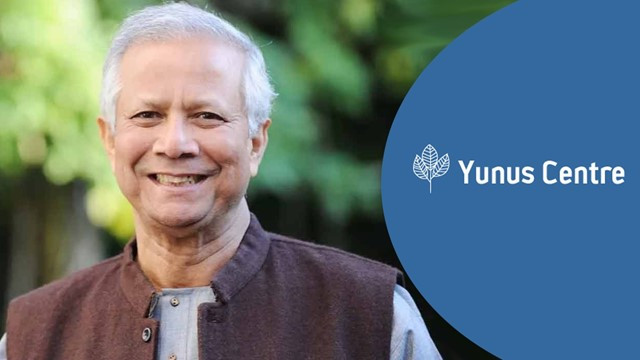
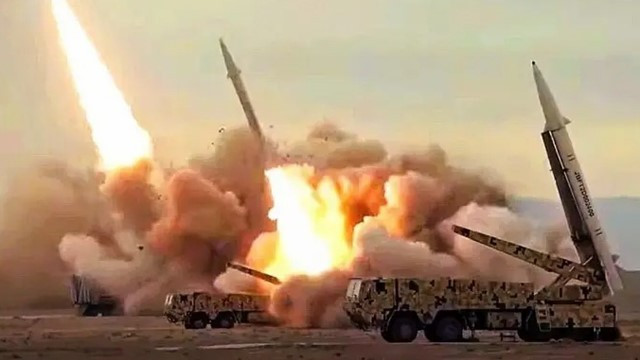
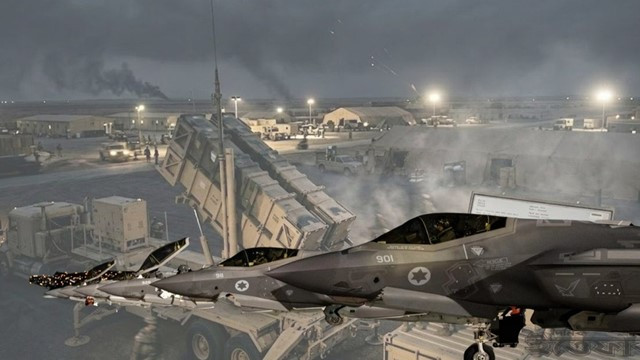
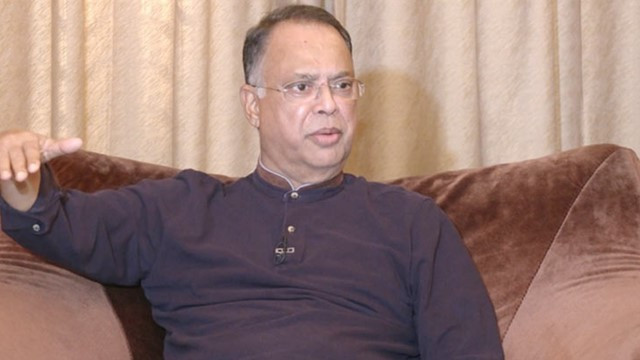
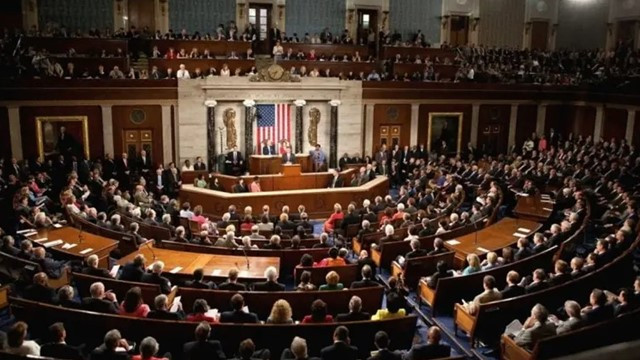
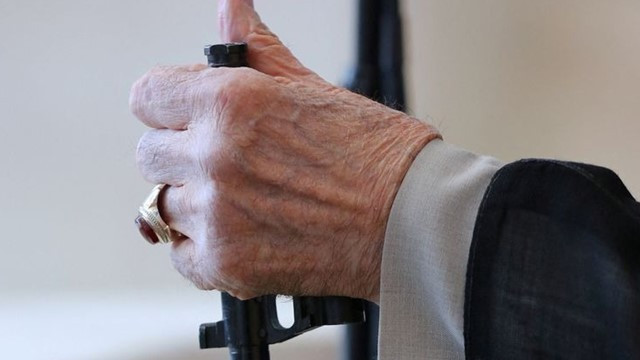
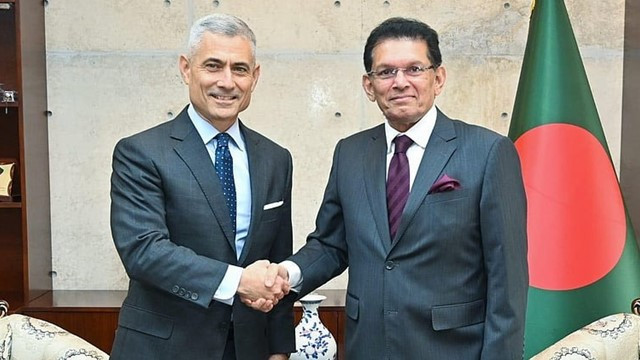
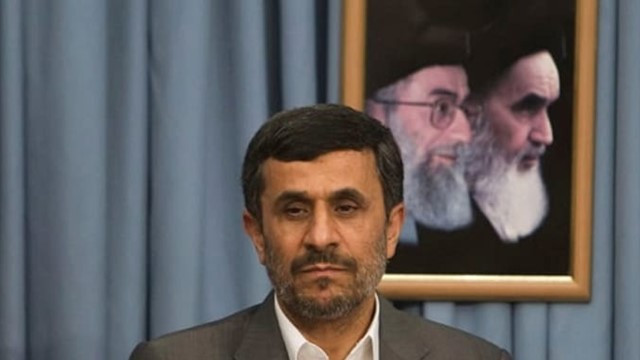

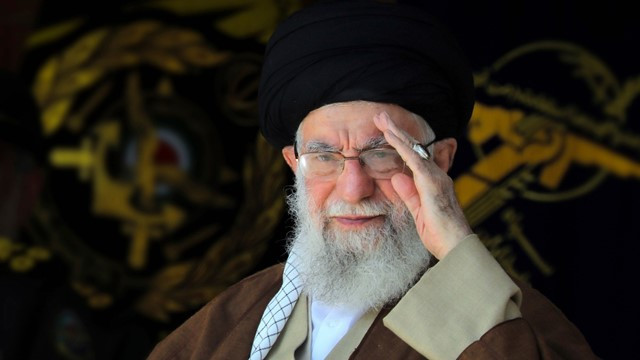
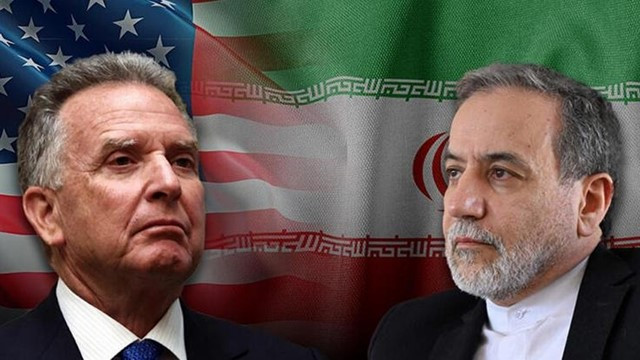
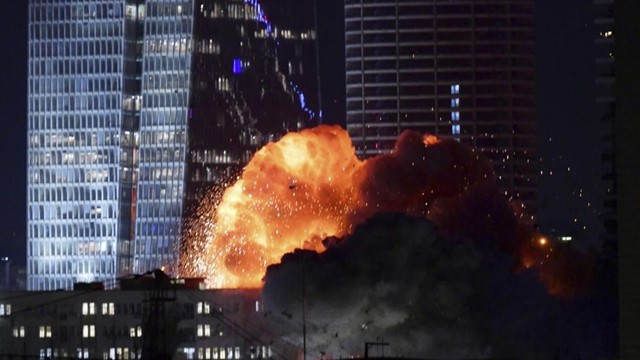
Comments Here: